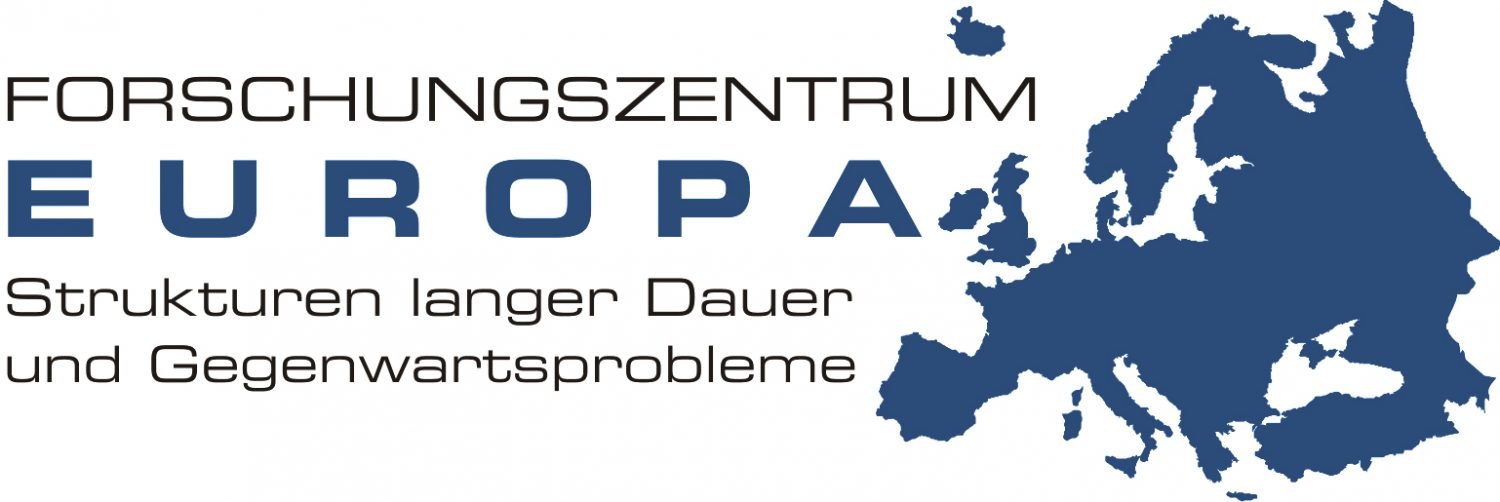Vom 16. bis 18. Juni 2016 findet am GHI London die Konferenz „The Contemporary History of Historiography: International Perspectives on the making of professional History“ statt. Die Veranstaltung wird von der Leibniz Forschergruppe „Vergleichende Zeitgeschichte der modernen Geschichtswissenschaften“ (Universität Trier) und dem GHI London organisiert. Papers können per Mail bis zum 15.01.2016 bei Prof. Lutz Raphael und Dr. Benjamin Zachariah eingereicht werden (s.u.).
Conference co-organised by the Leibniz Research Group on Historiography, University of Trier and the German Historical Institute, London, to be held at the German Historical Institute London, 16-18 June 2016.
The worldwide expansion of higher and secondary education, the rise of new media and communication systems and the creation of new nation-states have deeply changed the institutional settings of historical scholarship. At the same time the different „turns“ have transformed the epistemic foundations of an international discipline that is still strongly anchored in different national, ‚cultural‘ and ideological/religious contexts. The rise of various ethnocentric, ‘culture’-centric, inward-looking or allegedly ‘indigenous’ ideologies concurrent with the apparent triumph of ‘globalization’ and the need for global histories need to be fully grasped. The international history of historiography has been a very dynamic field of research in the recent decade but contemporary developments have yet to be studied. In particular, political conflicts that operate at intra-state, state and inter-state levels draw upon and are reflected in historiographical practices; and researchers, despite claims to self-reflexivity, have not sufficiently accounted for this. This conference hopes to draw attention to a number of trends in contemporary historical scholarship. The call for papers thus draws attention to the following trends, but papers need not be restricted to them.
1. New and old links between history teaching at schools and at universities
There is a rather strong international research theme that deals with history textbooks for schools and there are nationally very different subdisciplines (between pedagogy and history) dealing with the problems of history-teaching at schools and the training of history teachers. A comparative perspective on, for example, political conflicts about schoolbooks (in India, Russia or Turkey) , or on the worlds of history teachers, their social/ cultural/ religious backgrounds and social realities (social status, income) and the gap between school history and university based historical scholarship, needs to be studied. This subject seems important as it allows us to approach the social background of nationalist content in history teaching at school level, the problems of political manipulation or mobilisation. For instance, some work has been done on India, a little on Pakistan, and there are strong ongoing debates on the nature of textbooks and of pedagogy, but all of this seems to occur within the framework of nation-states and the reproduction of statist ideologies, even if the debate is actually about the content of that statist ideology. These debates need to be read in an international context. A related theme is the question of international arbiters of ‘historical’ standards. To what extent have UNESCO and other international agencies contributed to spread international standards or „master narratives“ of what historical knowledge is and what must be taught at schools?
2. The effects of democratization and nationalization on historical scholarship
The research on nationalism in historiography and historical scholarship relates mostly to the 19th and early 20th century – and mainly, though not exclusively, focuses on Europe – the field is still open for new research. The most ambiguous term here is „democratization“: political, social (in the sense of access to education and culture but also as participation of new (’subaltern‘) groups in political sphere and their representation as „gens à histoire“ instead of „gens à problèmes“ (from people treated as social problems to people with a right to their own past). There is a strong tension between this trend towards pluralism (ending in segregated historical narratives affirming group identities) and the trend towards unification under a national ‚umbrella‘. The pluralism often takes the form of a demand for acknowledging subjectivities, but then that is already something that takes, or begins to take, the form of a claim upon the national narrative.
3. The institutional frameworks of internationalization in historiography
This includes studying institutions, migrations, exchange programmes and conferences. There is a social and institutional side to the internationalization of historical research. This would include the role of (western/international/national) foundations and their research programmes and grants; exchange programmes and their impact on historical scholarship; international research programmes and their funding (UNESCO, OECD etc.); international networks (as a ‚bottom up‘ process) and their ways of organizing and communicating their common research.
4. Historical scholarship in the larger context of the humanities and of the sciences: new and old networks of interdisciplinarity
It is important to analyze the shifts and different national/regional trends in placing history at university level among the other disciplines: how intellectual and institutional borders and exchanges between history and literary studies, sociology, political sciences etc. developed in different countries under the impact of growing universities, larger ’scientific communities‘ and higher levels of specialization.
Abstracts, titles and short biography should be submitted by 15th January 2016 to
You will be informed of the Committee’s decision by 10th February 2016.

